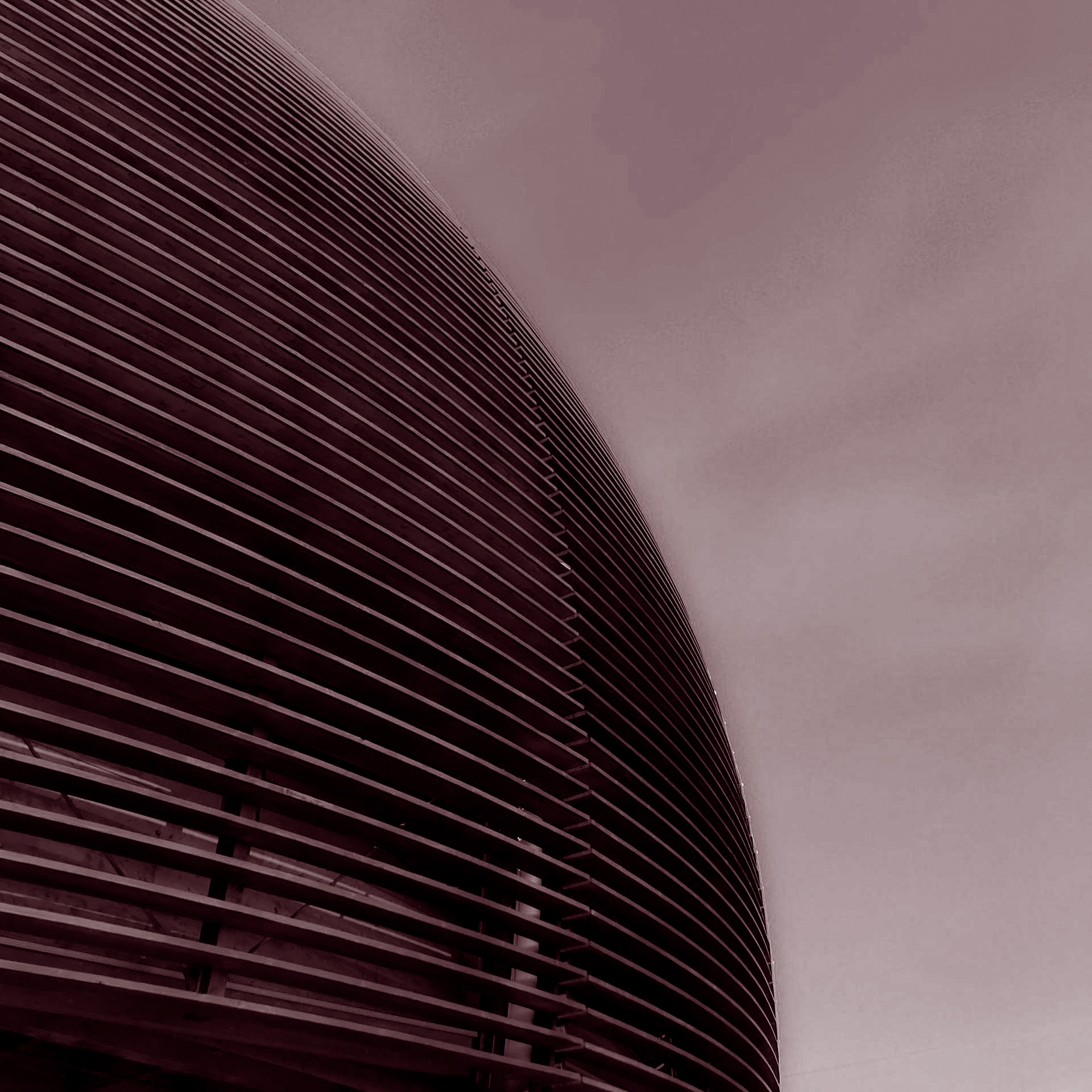Lausanne, June 2nd, 2021 – Recent massive investments in the Quantum field (either in China, US or Europe) and milestone achievements in quantum computing is pushing the industry into seeking alternatives for data security products and solutions. Indeed, almost all of the currently used public-key cryptography rely on the intractability of two mathematical hard problems: the discrete logarithm and the factoring problem. It is known that these hard problems can be efficiently solved on a quantum computer since 1994. Fortunately, the development of such a computer is still in progress with the main bottleneck being to obtain sufficient intricated qubits. On one hand, the American National Institute of Standards and Technology (NIST) has initiated a standardization process to obtain quantum-secure public-key encryption and digital signature algorithms in 2016. Such quantum-secure schemes are commonly known as Post-Quantum Cryptosystems (PQC). This process is now in its final phase and NIST hopes to publish the standard in 2024. On the other hand, Quantum Key Distribution (QKD) offers a particularly interesting alternative to classical cryptography. In short, it involves using quantum effects to generate and share an intrinsically secret key between two parties. Such a process requires special dedicated hardware but has the advantages of being secure against man-in-the-middle attacks and of being resistant to quantum computers as well.
The goal of DiCoQuaNet project is to develop a quantum-safe communications network that combines the advantages of QKD and its inherent resilience to third party attacks with the high availability offered by the clustering feature of CYSEC ARCA, besides an agile access to post-Quantum encryption. The network architecture would provide the users with services beyond keys and encrypted messages exchange but also with a complete abstraction and an intelligent use of the cryptographic resources.
CYSEC chose to collaborate on this project with the security lab of the School of Management and Engineering of Vaud (HEIG-VD), and NovusQ, a spin-off of the National University of Singapore (NUS), with the aim of bringing cryptographers and physicists together to collaborate on the front edge of cybersecurity by combining their solutions to offer a higher level of security to standard communication networks.


The development of quantum technologies and solutions would require multidisciplinary knowhow and expertise. The collaboration between DiCoQuaNet and NovusQ is essential and is the first step to building the quantum ecosystem internationally. NovusQ is privileged to be collaborating with cybersecurity experts from Switzerland, which is renowned for innovation and advanced technologies. This collaboration is also a small contribution to strengthening the bilateral cooperation between the two countries in the deep tech arena.
The security laboratory at HEIG-VD is part of the Y-security competence pole, regrouping more than 12 experts, scientists and professors in cybersecurity. Among them, Dr Alexandre Duc, who is going to lead this project, has a PhD in cryptography from EPFL during which he worked partly on post-quantum cryptography. On the other side, NovusQ is a deep tech start-up company that provide quantum technology solutioning services relating to information security and has extensive expertise in the principles and applications of quantum key distribution and quantum random number generator.
The proposed project aims to establish international scientific collaboration to improve interdisciplinary competencies of its participants. Such collaborative efforts of scholars and engineers from the quantum and information theory sciences rarely takes shape in the international research arena and would be unique in the context of Eureka. The bilateral Singaporean-Swiss project team will generate novel insights on possible collaboration between partners across continents in the demanding security field.
This is a first collaboration between the consortium members, and we are confident that the collaboration will be fruitful and interesting for all the partners and that we will be able to overcome the technical and non-technical challenges that this project may bring.
About HEIG-VD:
The High School of Engineering and Management of the Canton du Vaud offers Bachelor and Master HES courses in engineering, business economics and postgraduate training. With over 2,000 students, it is the largest school of Western Switzerland. Its applied research and development activities are carried out within its 13 cross-sectional institutes and groups.
About NovusQ:
NovusQ Pte Ltd is a spin-off company from the Department of Electrical & Computer Engineering of the National University of Singapore, which provides quantum technology solutioning services. Leveraging expertise in quantum sciences and technologies, NovusQ offers information and cyber-physical security solutions based on quantum cryptographic primitives. NovusQ envisions that quantum devices will be an essential component of all information and cyber-physical security infrastructure.
About CYSEC
CYSEC SA is a data security company based at the EPFL Innovation Park in Lausanne, Switzerland. CYSEC brings 360° security in one click for container-based workloads and platforms through its CYSEC ARCA trusted OS software. CYSEC partners with leading cybersecurity research centers to develop technological innovations in the area of Confidential Computing and delivers its cybersecurity solutions for any vertical sector.